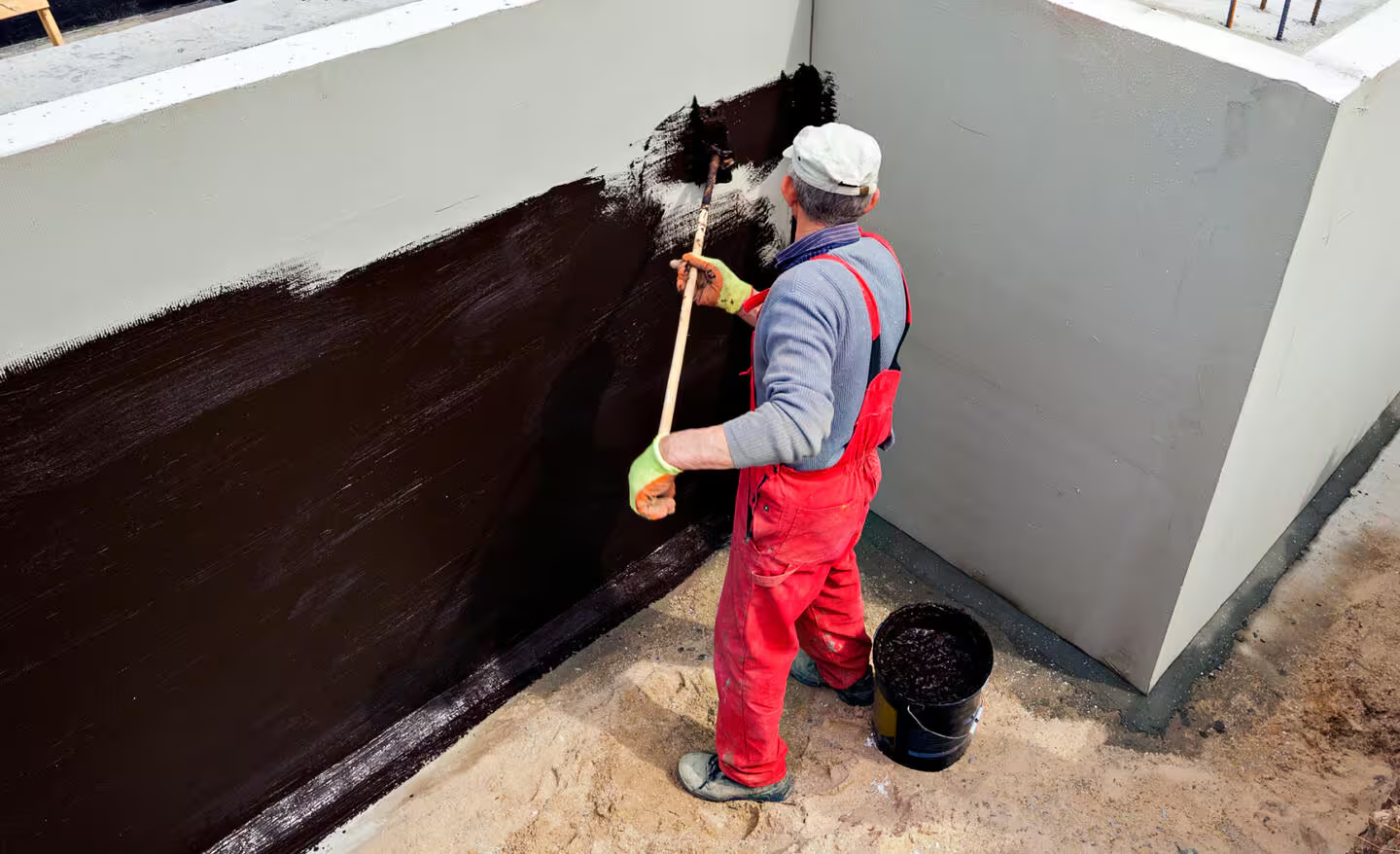Waterproofing is a crucial technique used to protect buildings and structures from water damage. Whether it is a residential building, commercial property, or an industrial facility, waterproofing plays a vital role in ensuring the longevity and durability of the structure. By preventing water infiltration, waterproofing helps to maintain the structural integrity of the building and prevent issues such as mold growth, rotting wood, and deterioration of materials.
With advancements in technology and materials, there are now various methods and products available for waterproofing different types of surfaces and structures. From liquid-applied membranes to sheet membranes, there are options to suit every need and budget. In this article, we will explore the importance of waterproofing, the different types of waterproofing methods available, and the benefits of investing in proper waterproofing for your property.

The Importance of Waterproofing
Waterproofing is essential for protecting structures from water damage. Without proper waterproofing, buildings are susceptible to leaks, mold growth, and deterioration. Investing in waterproofing not only prolongs the life of the structure but also helps maintain a safe and healthy environment for occupants. By sealing out moisture, waterproofing ensures that the building remains structurally sound and free from costly repairs.
Types of Waterproofing Methods
There are various methods available for waterproofing different types of structures. From liquid-applied membranes to sheet membranes, there is a solution for every need and budget. One popular option is san diego waterproofing, which offers durable protection against water infiltration. It is crucial to assess the specific requirements of the building and choose the most suitable waterproofing method to ensure effective protection against water damage.
Benefits of Proper Waterproofing
Investing in proper waterproofing for your property comes with a range of benefits. Not only does waterproofing help prevent structural damage and maintain the integrity of the building, but it also protects against mold growth, rotting wood, and deterioration of materials. Additionally, waterproofing can help reduce energy costs by improving insulation and preventing air leakage through cracks and gaps. By investing in quality waterproofing, you can ensure the longevity and durability of your structure while creating a safe and healthy environment for occupants. So, it is essential to consider waterproofing as an important part of building maintenance and protection against water damage.

Leave a Reply